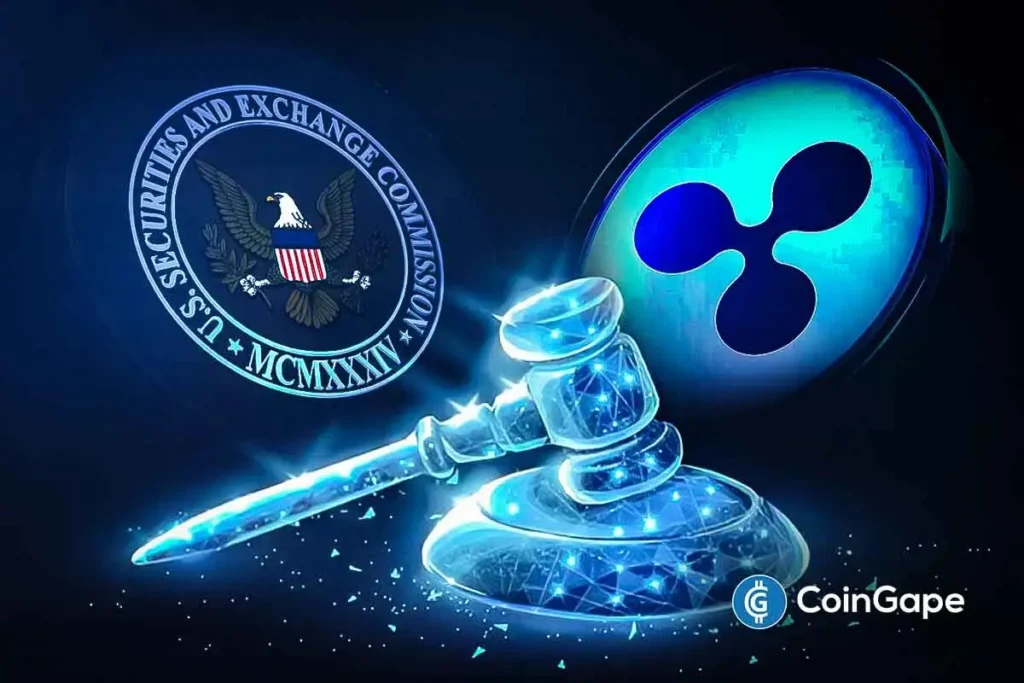Ripple’s Legal Challenges: The XRP Lawsuit and Institutional Sales Implications
As the legal saga surrounding Ripple and its XRP token continues, the recent denial of a joint motion by Judge Analisa Torres introduces significant changes in how Ripple may proceed with its sales, particularly concerning institutional offerings. This move keeps the previous ruling on XRP’s sales intact, leaving Ripple at a crossroads, as it now grapples with the implications of being classified as a seller of unregistered securities.
Ripple’s Legal Journey: Context and Current Status
The recent denial by Judge Torres highlights the ongoing complexities of the XRP lawsuit. In her prior ruling, she established that Ripple’s past institutional sales of XRP were akin to unregistered securities offerings. The judge’s decision not only maintained a permanent injunction against these sales but also imposed monetary penalties on the company. Ripple’s Chief Legal Officer, Stuart Alderoty, emphasized that the firm now has two options: either to abandon its appeal regarding these "historic institutional sales" or to push forward with the legal challenge. Regardless of this decision, Alderoty maintained that XRP’s status as a non-security remains unchanged, allowing Ripple to continue its business operations, albeit under new scrutiny.
Speculations About Institutional Sales
In the wake of Judge Torres’ ruling, questions abound regarding Ripple’s ability to proceed with institutional XRP sales. Lawyer Bill Morgan hinted at this, suggesting that Ripple had anticipated such an injunction and had therefore preemptively adjusted their sales strategy. This proactive approach, while laid out during the penalty phase of the trial, signals that Ripple may either scale back or completely pause its institutional sales depending on compliance with the ruling. Speculation within the cryptocurrency community is rampant, with various legal experts weighing in on what these changes mean for the future of XRP.
Meeting Compliance Standards: Legal Opinions
Legal experts have different opinions regarding Ripple’s capability to continue its institutional sales after the recent developments in the lawsuit. Attorney Marc Fagel noted that if Ripple adheres to securities laws, there is a possibility for them to engage in such sales, provided they initiate a registered securities offering. In this scenario, any future sales would need to reflect compliance with current regulations. This means that Ripple, while holding the potential to offer XRP to institutional investors, might have to explore alternative methods of ensuring compliance with the Securities Act moving forward.
The Future of XRP Institutional Sales
The legal landscape for Ripple’s institutional sales is riddled with uncertainties. According to legal analyst Fred Rispoli, there’s a strong possibility that both Ripple and the SEC may choose to halt their legal battles and reach a settlement, therefore affirming Judge Torres’ previous ruling. This sentiment is echoed by Morgan, who noted that the legal restrictions from the injunction may necessitate Ripple to re-evaluate how it approaches institutional sales. If the company can’t conform to the relevant securities laws, the implications could be profound, potentially curtailing their operational scope within the institutional segment of the market.
Navigating the Legal Landscape
The Ripple lawsuit not only affects the company’s immediate sales strategy but also serves as a case study for other cryptocurrency entities operating within a complex regulatory environment. The ongoing dialogue and interpretations among legal experts illustrate the high stakes involved. Ripple must navigate these waters carefully to protect its business model while ensuring compliance with existing laws. The company’s actions in the coming weeks could set important precedents for the broader crypto market as regulatory pressures continue to mount.
Conclusion: Charting the Way Forward
In light of these developments, Ripple faces a multifaceted challenge. The denial of the joint motion by Judge Torres keeps the legal pressure on the company, as they must choose an avenue that aligns with both compliance measures and business sustainability. The potential for either a halt in institutional sales or a strategic pivot could reshape Ripple’s operations and overall market position. As stakeholders watch closely, Ripple’s future decisions may not only influence its own trajectory but could also send ripples throughout the entire cryptocurrency landscape, prompting other companies to reassess how they handle similar legal challenges.
In the face of significant legal headwinds, Ripple’s commitment to adaptive strategies demonstrates a crucial response required by institutions operating in an increasingly scrutinized digital currency market. As Ripple continues to engage with these complexities, the industry watches to see how this landmark case unfolds, given its implications for all of cryptocurrency.


